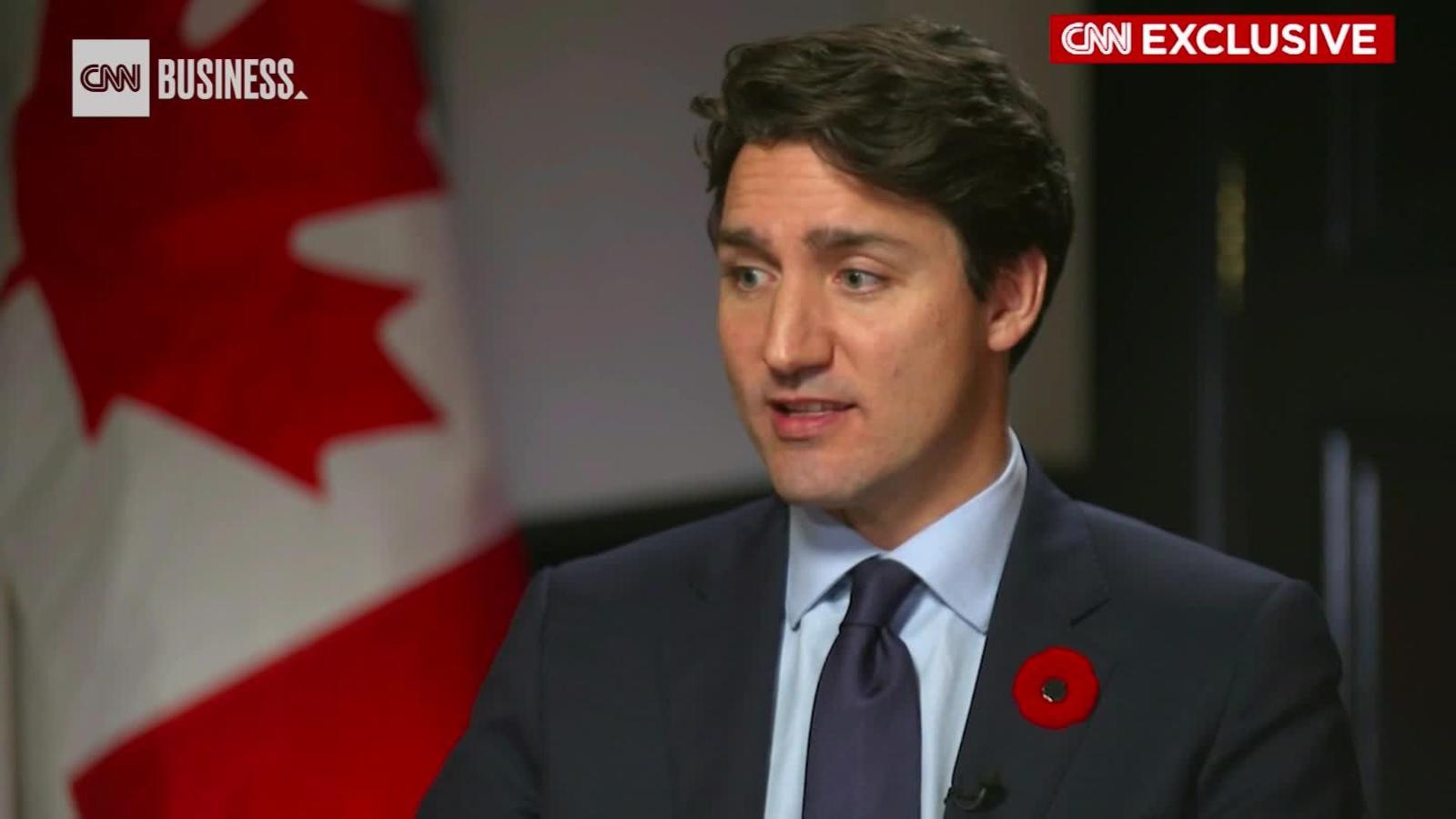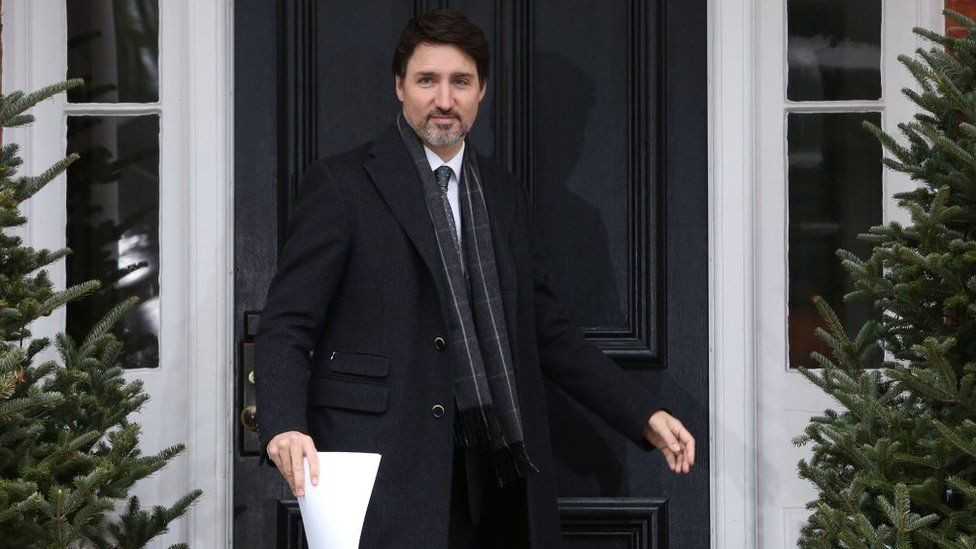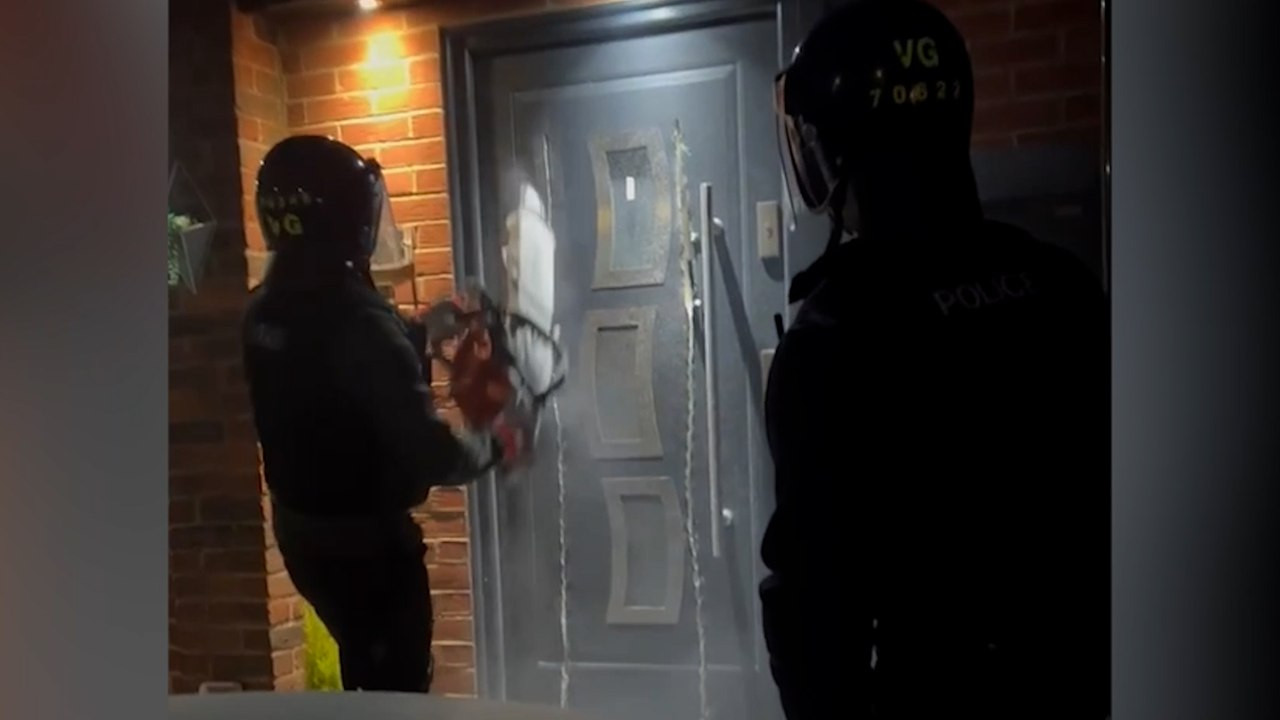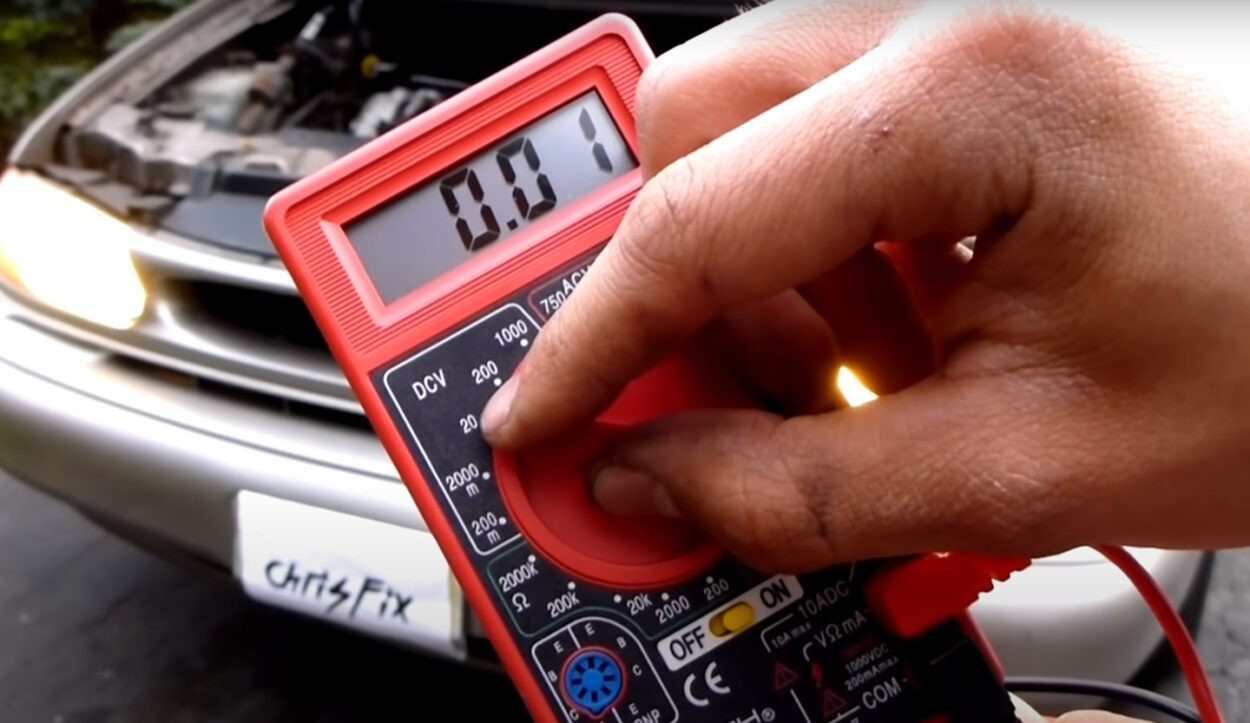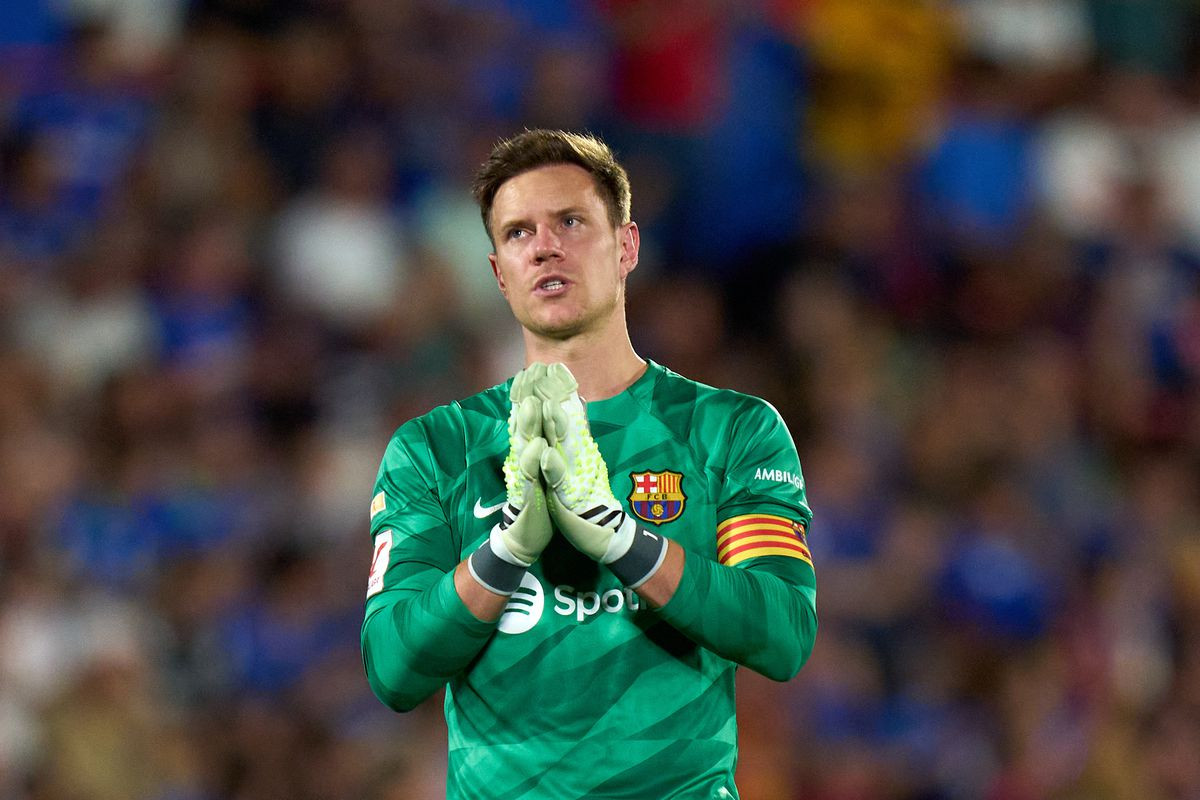The Conservative Party of Canada's attempt to force a snap election by triggering a non-confidence vote in Prime Minister Justin Trudeau's minority government has failed. The motion, which was debated in the House of Commons on Tuesday, was defeated on Wednesday after both the NDP and the Bloc Quebecois indicated they would not support it. This outcome ensures Trudeau's government will remain in power, at least for the time being.
Conservative Leader Pierre Poilievre, who has been critical of Trudeau's government's performance, presented the motion on the first “opposition day” of the fall sitting of the Parliament. The motion simply stated: “The House has no confidence in the Prime Minister and the Government.” It comes on the heels of a turbulent summer for the Liberal government, which saw two major byelection losses and the NDP withdrawing support from its supply-and-confidence agreement with the Liberals earlier this month.
The Conservatives' non-confidence motion was expected to fail, as both the NDP and the Bloc Quebecois had signaled their opposition. This opposition is rooted in the parties' desire to see through their agendas and leverage their newfound power to influence the direction of the government. While the NDP seeks to advance its social policy priorities, the Bloc Quebecois is pushing for greater autonomy for Quebec.
Trudeau, in a press conference, characterized the Conservatives' move as a power play. He highlighted his government's commitment to helping Canadians, asserting that he is focused on addressing the challenges faced by the country rather than seeking political advantage.
In the House of Commons, Poilievre criticized Trudeau's government, arguing that after nine years of Liberal rule, the “promise” of Canada is “broken.” He attributed this to the government's perceived shortcomings in addressing the affordability crisis, rising housing costs, and the country's drug overdose problems. He also criticized the government's economic performance, claiming that it has been the “worst economy since the Great Depression.”
Poilievre, however, painted a vision of a brighter future under Conservative leadership, outlining his party's “common sense plan to axe the tax, build the homes, fix the budget and stop the crime.” This plan, according to Poilievre, represents a return to “the Canadian promise.”
The Liberals, in turn, countered the Conservatives' criticisms by highlighting the contrast between their own policies and those of the Conservatives. Karina Gould, the Government House Leader, argued that the Conservative vision for the country is one that is “ashamed of what we were doing on the world stage,” “ashamed that we were not fighting climate change,” and that pushes “divisive politics” rather than unity. She underscored the Liberal government's record of “putting Canadians first,” emphasizing their commitment to this approach even in a minority government.
The non-confidence vote, while defeated, has brought to light the complexities of the Canadian political landscape. It has highlighted the dynamics at play in a minority government, where the support of other parties is crucial. It has also underscored the Conservative Party's desire to challenge the status quo and their willingness to push for a snap election. The next few months will undoubtedly be filled with further political maneuvering and debate as the various parties navigate their agendas and seek to gain the upper hand in the lead-up to the next federal election.
The Implications of the Failed Motion
The failure of the non-confidence motion serves as a temporary reprieve for Prime Minister Justin Trudeau's government, allowing them to remain in power. However, it does not guarantee their longevity. The Conservatives have already signaled their intent to table additional non-confidence motions in the coming months. The Liberals are also facing pressure from other parties, including the NDP and the Bloc Quebecois, who are seeking to leverage their voting power to advance their agendas.
The outcome of this latest political clash suggests that Canadians will likely be subjected to a period of political instability and uncertainty. The Conservatives are poised to remain a formidable force in the House of Commons, and they are likely to continue challenging the Trudeau government at every opportunity. The NDP and the Bloc Quebecois are also seeking to make their presence felt, adding another layer of complexity to the equation. The upcoming months will undoubtedly be marked by a heightened level of political activity, as the parties grapple with the implications of the failed non-confidence motion and prepare for the next federal election.
The Future of Canadian Politics
The recent non-confidence vote is just one of many political battles that are likely to unfold in the coming months. The Conservatives are clearly determined to make gains in the next federal election, and they are using every opportunity to put pressure on the Trudeau government. The NDP and the Bloc Quebecois are also looking to capitalize on the current political climate and exert their influence.
The future of Canadian politics is uncertain, but it is clear that the next few years will be defined by a high level of political activity and debate. The next federal election is scheduled for 2025, but the political landscape is dynamic enough that a snap election could be called at any time. The outcome of the upcoming elections will have a significant impact on the direction of the country, and Canadians will be closely watching the political landscape to see how the various parties play their hand.
The Stakes Are High
The recent non-confidence vote and the upcoming federal election have raised the stakes for all of the major political parties. The Conservatives are eager to capitalize on what they perceive as the weaknesses of the Trudeau government, and they are confident that they can secure a majority government in the next election. The Liberals, on the other hand, are seeking to retain power and build on their record of governance. The NDP and the Bloc Quebecois are also seeking to make gains in the next election, and they are hoping to use their voting power to influence the direction of the government.
The stakes are high, and the political battles are likely to be intense. Canadians will be closely watching the political landscape to see how the various parties navigate the challenges ahead and position themselves for success in the next federal election.
Looking Ahead
The recent non-confidence vote has demonstrated that Canada's political landscape is more complex than it might appear at first glance. It has shown that the dynamics of a minority government are fraught with challenges and that even seemingly secure governments are vulnerable to unexpected political twists and turns. The upcoming months will undoubtedly see a high level of political activity, with all of the major parties vying for the public's attention and votes. The next federal election is still a few years away, but the stakes are high, and the battle for power has already begun.




